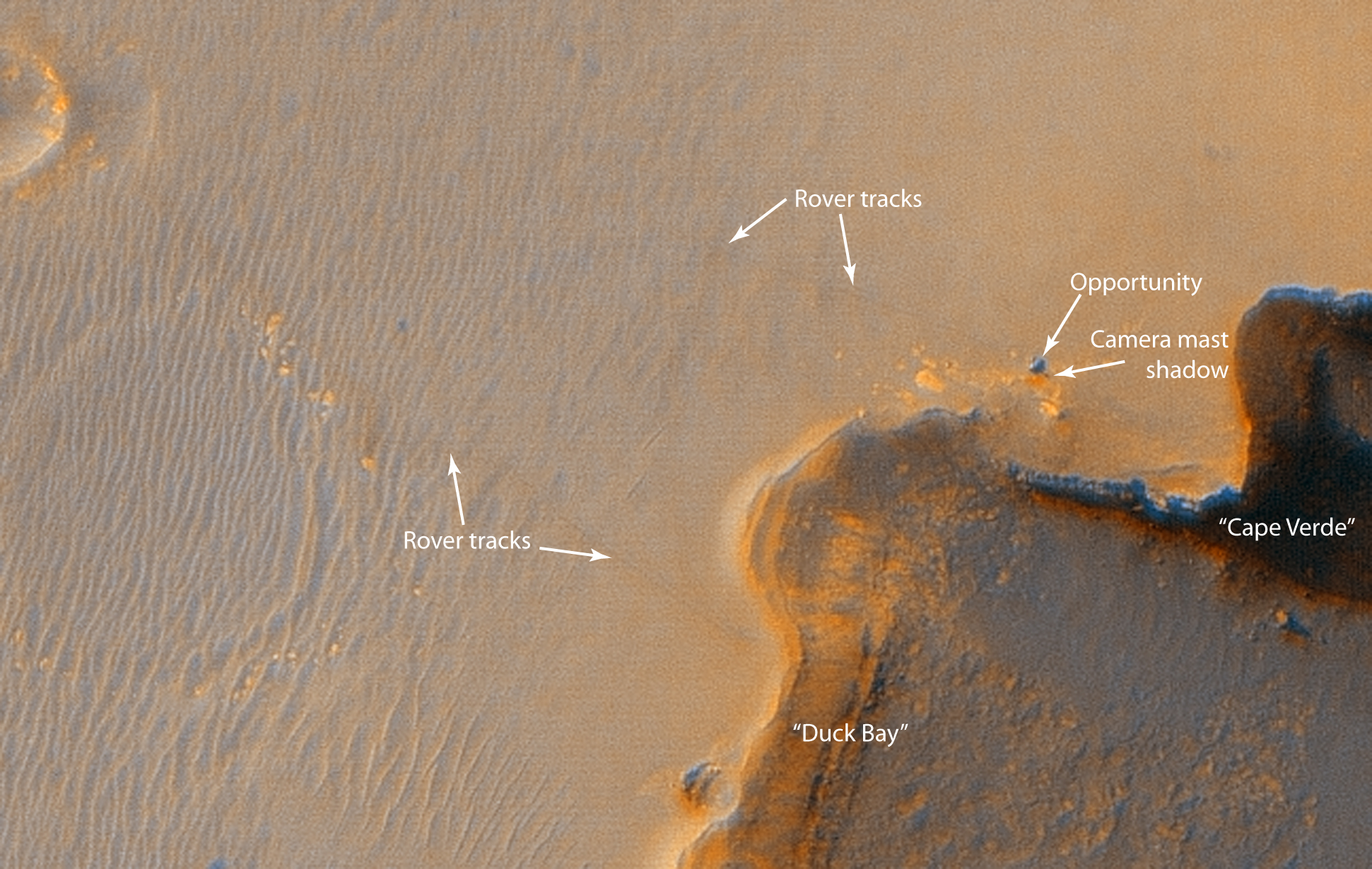From CNN:
Researchers fear more than half the world's coral reefs could die in less than 25 years and say global warming may at least partly to blame.
Sea temperatures are rising, weakening the reefs' resistance to increased pollutants, such as runoff from construction sites and toxins from boat paints. The fragile reefs are hosts to countless marine plants and animals.
"Think of it as a high school chemistry class," said Billy Causey, the Caribbean and Gulf Mexico director of the National Oceanic and Atmospheric Administration.
"You mix some chemicals together and nothing happens. You crank up the Bunsen burner and all of a sudden things start bubbling around. That's what's happening. That global Bunsen burner is cranking up."
Causey was one of some 200 private and government researchers from the Caribbean, Florida and U.S. Pacific islands who gathered in St. Thomas for a meeting of the NOAA's U.S. Coral Reef Task Force.
Last year's coral loss in the Caribbean waters supports predictions that 60 percent of the world's coral could die within a quarter century, said Tyler Smith of the University of the Virgin Islands.
"Given current rates of degradation of reef habitats, this is a plausible prediction," Smith said.
More than 47 percent of the coral in underwater study sites covering 31 acres around the U.S. Virgin Islands died after sea temperatures exceeded the norm for three months in 2005, said Jeff Miller, a scientist with the Virgin Islands National Park.
The unusual warm water can stress coral, causing it to lose its pigment and making it more vulnerable to disease.
This year, Caribbean coral narrowly avoided another widespread episode of bleaching when sea temperatures briefly surpassed levels considered healthy for reefs.
Up to 30 percent of the world's coral reefs have died in the last 50 years, and another 30 percent are severely damaged, said Smith, who studies coral health in the U.S. Virgin Islands and collaborates with researchers globally.
"U.S. Virgin Islands coral today is likely at its lowest levels in recorded history," Smith said.
The researchers said global warming was a potential cause of the abnormally high sea temperatures but was not the only suspect in the reefs' demise.
What causes disease in coral can be hard to pinpoint and could be a combination of things. Other threats include silt runoff from construction sites, which prevents the coral from getting enough sunlight, and a record increase in fleshy, green algae, which competes with coral for sunlight.
"Climate change is an important factor that is influencing coral reefs worldwide," said Mark Eakin, director of NOAA's Coral Reef Watch. "It adds to the other problems that we are having."











